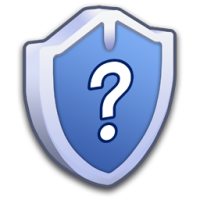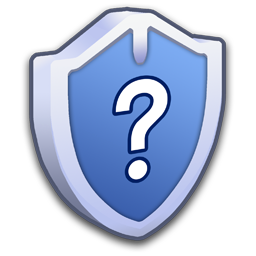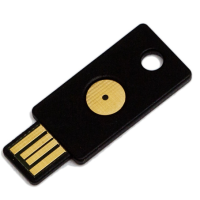After signing up with the Incapsula service, you will then be required to setup Incapsula to work properly with your web site. While it may seem complex, the setup requires you to change DNS settings for your site to point to the Incapsula servers.
The steps outlined below in this post show you how to setup Incapsula using your host’s cPanel. If you use something other than cPanel, the basic concepts are the same, but the actual steps may be different.







